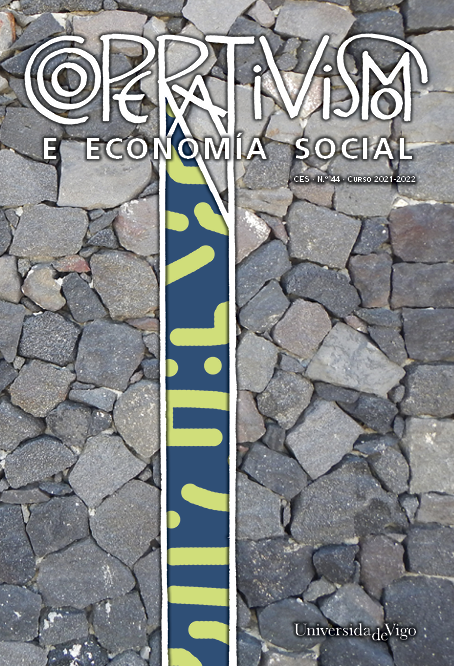ENQUADRAMENTO LEGAL E JURISPRUDENCIAL DO COOPERADOR TRABALHADOR EM PORTUGAL
DOI:
https://doi.org/10.35869/ces.v0i44.4379Palabras clave:
cooperador, trabalhador, cooperativa, vínculo, enquadramentoResumen
Atualmente, o universo dos prestadores de atividade apresenta-se como complexo e heterogéneo, devido à crescente diluição da barreira que tradicionalmente separa a figura do trabalhador e do empregador. Este cenário contribui para uma multiplicidade de níveis de proteção social do prestador, que frequentemente carecem de um enquadramento normativo adequado.
O problema da qualificação da relação jurídica que se estabelece entre o cooperador trabalhador e a cooperativa não está ainda resolvido na legislação portuguesa e divide a doutrina e a jurisprudência portuguesas.
Consideramos que não existe, entre a cooperativa e o cooperador que lhe presta o seu trabalho, um contrato de trabalho subordinado, mas sim um negócio de natureza distinta e específica que se designa como “acordo de trabalho cooperativo”.
Atenta a especificidade do vínculo e do grau de dependência económica do cooperador trabalhador face à cooperativa de trabalho, defendemos que o legislador poderia ter avançado para uma solução uniforme em termos de proteção social daqueles prestadores.



